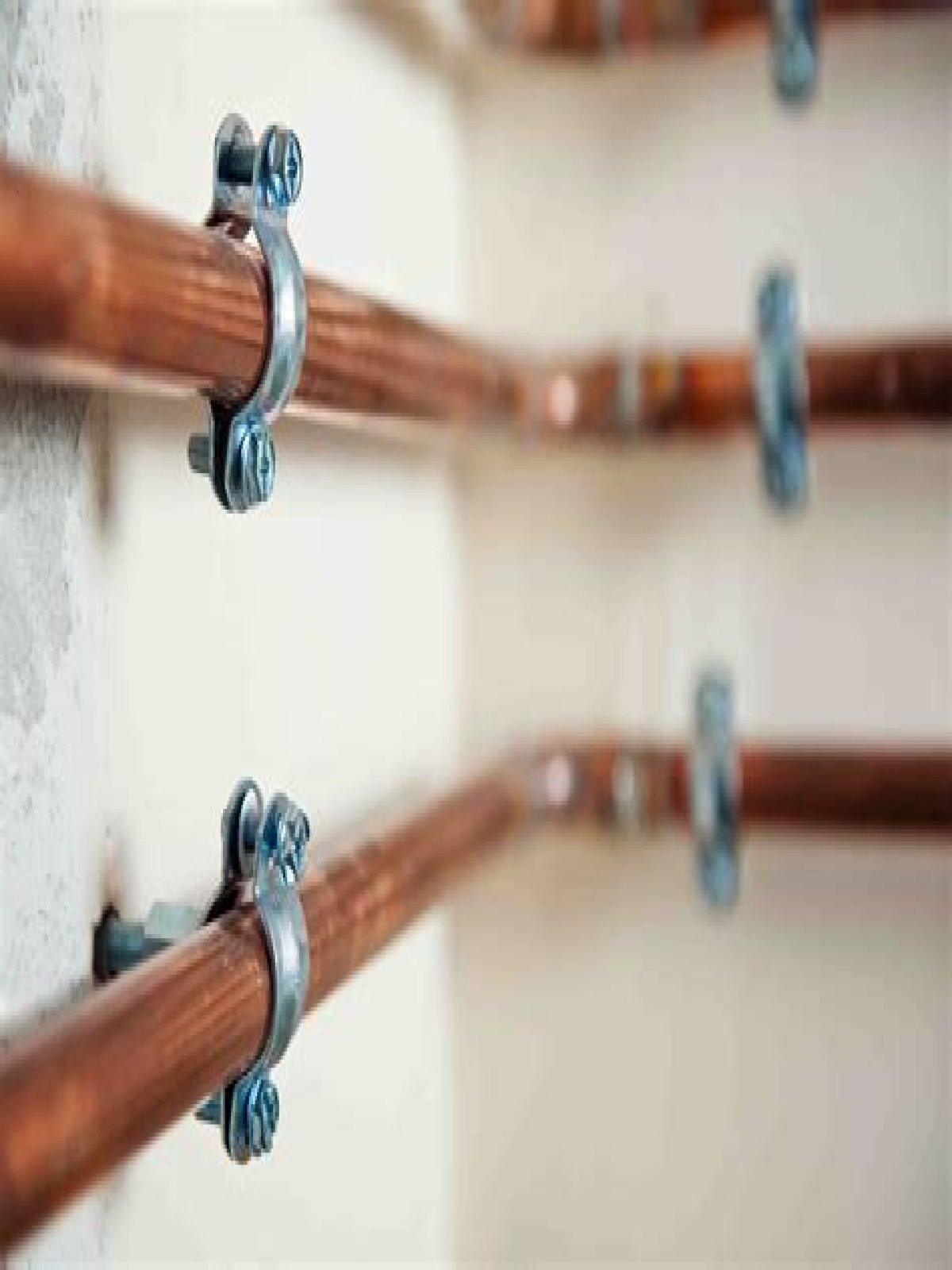Are copper pipes used for water?
While its highly conductive properties make it ideal for electrical applications, copper is also frequently used to make water pipes. In residential homes, commercial buildings and municipality water systems, copper water pipes are common.
What type of copper pipe is used for water?
Type L – thinner than type K, but still relatively thick, Type L copper pipes are the most common for residential plumbing systems, especially in systems where the water will be under pressure. They can usually be identified by blue printing stamped on them.
Is copper the best for plumbing?
Copper has natural qualities that make it ideal for plumbing. It is extremely durable. It creates a biostatic atmosphere, which makes it difficult for bacteria to grow inside of it. It also resists corrosion and it is not affected by ultraviolet rays, which allows you to use it outside.
When to use copper plumbing in your home?
If you rely on well water or water with high acidity levels, you may have issues with the copper pipes in your home a couple of years after the installation. We only recommend using copper plumbing pipes in areas that are connected to a sanitary municipal water supply system.
Why are copper pipes used for underground water supply?
Although copper pipes are rigid and resistant to corrosion, copper pipes deteriorate under certain soil conditions. Where soil or site conditions threaten to corrode copper supply lines, builders often sheathe the copper pipe within synthetic sleeves.
When did copper become the most used material for plumbing?
The ancient Romans used copper for water pipes and cisterns By the 1940s, copper became the most used material for plumbing in the developed world. The U.S. is entering what many are referring to as the “Replacement Era,” a time where much of the nation’s drinking water infrastructure needs to be replaced.
What kind of pipe do you use for water supply?
More recently, various forms of plastic have replaced copper as the favorite, though copper pipes and fittings are still widely available. Due to the price of copper and longer labor needed to install, many builders have switched to alternative water distribution piping, especially PEX.
Is copper plumbing good or bad?
The Good. Copper pipes have been the proven standard of reliability for over 50 years! They are not prone to leaks, are extremely durable, stay fitted tightly, have a long life span and can be recycled, are resistant to heat, and won’t pollute your drinking water.
Which is better PVC or copper pipes?
Resists corrosion and impact damage better than copper pipe because plastic doesn’t corrode, and because PVC pipe is thicker than copper pipe. This means it’s better for areas where the pipe will be exposed in high-traffic areas. Easier to install than copper pipe.
What are 3 uses for copper?
There are many uses for copper and the copper ore that it derives from. The three main uses of copper are in electronics, architecture and industry, as well as in making alloys and other metal mixtures.
Are copper pipes safe?
Copper pipes are safe unless the water in it is overly acidic or alkaline. Most municipal water has a balanced pH between 6.5 and 8, which is a safe range for copper pipes. Acidic or alkaline water may cause corrosion or leech copper from the pipes into the drinking water.
